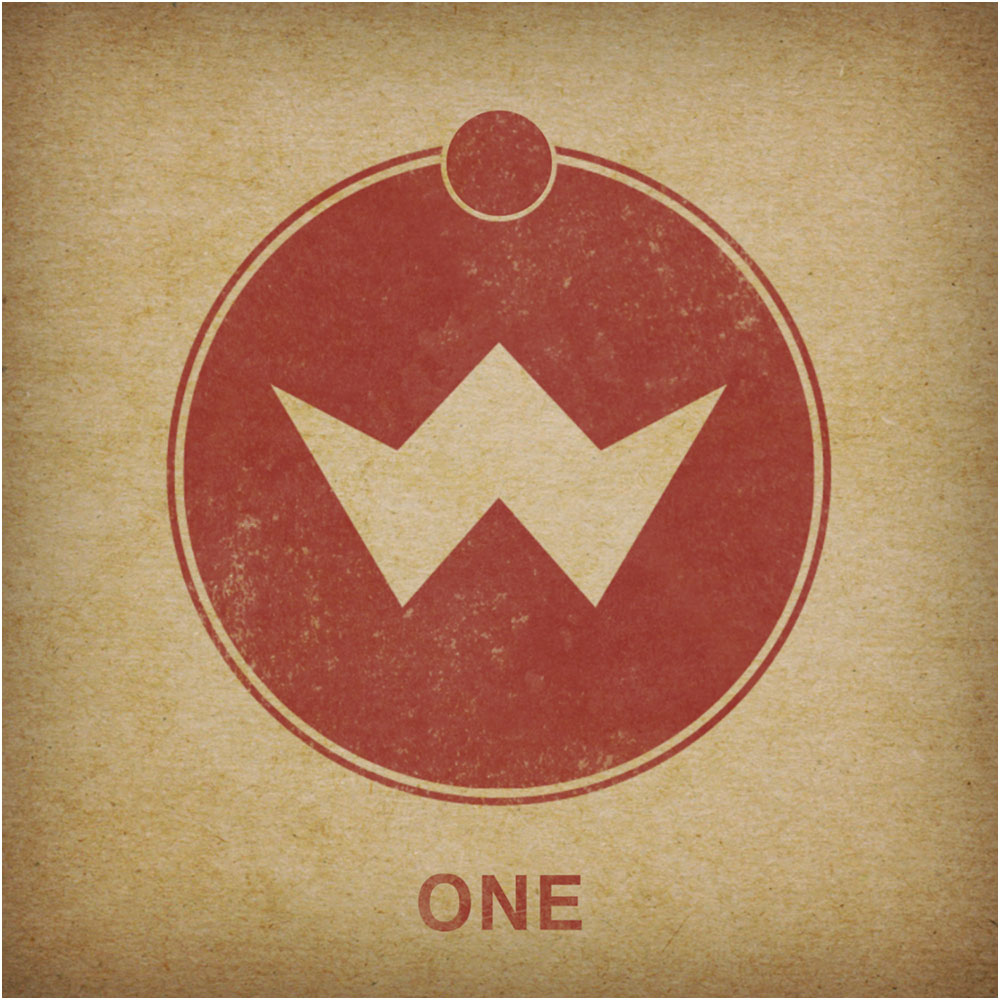
Matt Maher
Lord I Need You
Lord I Need You
So Jesus said to the Twelve, “Do you go away as well?” Simon Peter answered him,
“Lord, to whom shall we go? You have the words of eternal life, and we have
believed, and have come to know, that you are the Holy One of God.”
(John 6:67–69)
Jesus said hard words. He spoke of new life, of being born again, of feasting on him, the
living bread. He said that no one comes to him except by the Father who draws them, and
that no one comes to the Father except by him. Hard words.
What We Say, By Grace
He said words that don’t sit well with the general human impulse to take all matters into
our own hands and control our own destinies. He said words that leave us stuck. We
know they’re true and good, and yet we know we can’t do them in ourselves. We feel
their wonder and yet we remember our frailty. Some walk away from Jesus because of
this. And then others, like Peter in John 6, say, “Lord, to whom shall we go?”
That is the great rhetorical question of our souls.
We see Jesus’s truth and wonder, his invitation to come and bring our nothing, and then
we see all the other paths of this world. We see them all and, by grace — humbly,
desperately, gladly — we say to our Savior, “Lord, to whom shall we go? You have the
words of eternal life.”
No One Else
There is nowhere else. We’ve got no other real options. It is Jesus or nothing. And our
confession is Jesus. To him alone we come, finding in him our rest and joy. We know
that without him we crumble to pieces, that apart from him we’re incapable of doing
anything (John 15:5). We know that we exist only because of his mighty word that
upholds the universe in power (Hebrews 1:3).
We know — deep down, in the truest kind of true — that we need him. Every hour we
need him. Every second of every minute of every hour, we need him.
Doubly His Forever
We need him for life in the most basic sense — for our hearts to beat and lungs to breathe.
And we need him for life in the most glorious sense— for the holiness without which we
will not see God (Hebrew 12:14). He does both, he and he alone. He made us and we are
his (Psalm 100:3) and he bought us by his blood so that we are not our own (1
Corinthians 6:19).
Jesus has made us doubly his — first in creation, then in redemption. When there was
nothing, he spoke to make us something. When there was sin, he died to make us
righteous. We need him so incredibly bad. More than we can imagine, we need him. He
alone is our hope and stay, the author and sustainer of our existence, the beginner and
finisher of our faith. He is our everything.
Lord, to whom shall we go? We need you — you and you alone